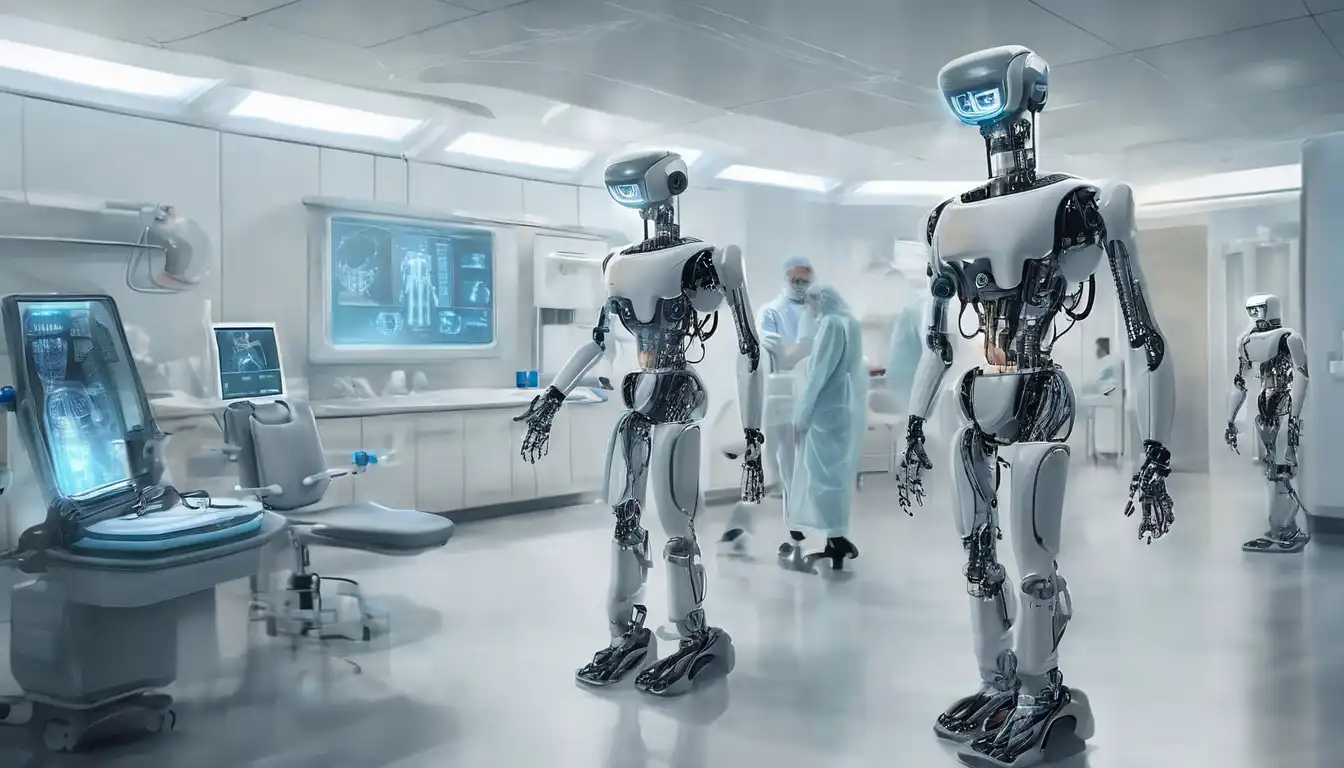The Next Era of Robotics in Healthcare
The integration of robotics into healthcare is transforming patient care, surgical procedures, and rehabilitation processes. This technological advancement is not just a glimpse into the future; it's a present reality that's reshaping the medical field. From robotic-assisted surgeries to automated patient monitoring systems, the potential for robotics in healthcare is boundless.
Robotic-Assisted Surgeries
One of the most significant contributions of robotics in healthcare is in the realm of surgery. Robotic-assisted surgeries allow for unparalleled precision, smaller incisions, and reduced recovery times. Surgeons can perform complex procedures with more accuracy and flexibility than traditional methods permit.
Automated Patient Monitoring
Robotics technology has also paved the way for automated patient monitoring systems. These systems can track patient vitals around the clock, alerting healthcare providers to any changes that may require immediate attention. This not only improves patient outcomes but also alleviates the workload on medical staff.
Rehabilitation Robotics
Rehabilitation robotics is another area where technology is making a profound impact. These robotic devices assist patients in recovering from strokes, injuries, and surgeries by providing consistent, precise therapy sessions. The use of robotics in rehabilitation ensures that patients receive the optimal level of care to regain their mobility and independence.
The Future of Robotics in Healthcare
The future of robotics in healthcare is bright, with ongoing research and development aimed at expanding its applications. Innovations such as nanorobotics for targeted drug delivery and robotic prosthetics that mimic natural movement are on the horizon. As technology advances, the integration of robotics in healthcare will continue to evolve, offering new possibilities for patient care and treatment.
For more insights into how technology is transforming healthcare, explore our articles on medical technology and innovative healthcare solutions.
Challenges and Considerations
Despite the promising advancements, the integration of robotics in healthcare comes with its set of challenges. These include high costs, the need for specialized training for healthcare professionals, and ethical considerations. Addressing these challenges is crucial for the widespread adoption and success of robotics in the medical field.
In conclusion, the future of robotics in healthcare is not just about technological innovation; it's about enhancing patient care, improving outcomes, and revolutionizing the medical field. As we move forward, the collaboration between engineers, healthcare professionals, and patients will be key to unlocking the full potential of robotics in healthcare.
